From Pigeons to Behavioral Economics: An Interview with Leonard Green
$9.99
BCBA CEUs: 1 CEU
In this interview, Leonard Green shares his unexpected path into behavior analysis, sparked by undergraduate courses and influential readings. He reflects on the dynamic developments of the 1960s and 70s, including the matching law and interdisciplinary work blending economics and psychology. Green highlights his research on discounting and its broader applications, while expressing concern over stagnation in the field. Despite challenges, he remains optimistic about the future, emphasizing the need for rigorous science and innovation in behavior analysis.
Brand: CEUniverse
Description
In this interview, Leonard Green, a prominent figure in behavior analysis, discusses his unconventional journey into the field, emphasizing the role of chance and serendipity in his career path. Initially, Green did not set out to become a behavior analyst, nor was he familiar with the term. His interest was piqued during his undergraduate studies, specifically through a course on the psychology of learning and readings on experimental analysis of behavior. Green recounts how he was drawn to behavior analysis by the idea that behavior, both normal and abnormal, can be modified without stigmatizing individuals. He reflects on the exciting era of the 1960s and 1970s, highlighting significant developments like the matching law and the integration of behavioral and cognitive perspectives. Green also acknowledges the contributions of his mentor, Howard Rachlin, and the influence of interdisciplinary work, especially in merging economics and psychology. He discusses his involvement in research on discounting and value, noting the potential applications in neuroscience and real-world problems. Throughout the interview, Green expresses concerns about stagnation and sloppy thinking in behavior analysis, while also advocating for a broader application of behavioral principles in fields like education and gerontology. Despite his reflections on the past and present challenges, Green remains hopeful about the future of behavior analysis, emphasizing the importance of good science and the evolution of ideas in the field.
Preview
Below is the entire non-interactive version of this video. It does not contain embedded questions or completion tracking like the CEU version of the module.
1 review for From Pigeons to Behavioral Economics: An Interview with Leonard Green
| 5 star | 100 | 100% |
| 4 star | 0% | |
| 3 star | 0% | |
| 2 star | 0% | |
| 1 star | 0% |
Sorry, no reviews match your current selections
You may also like…
-
BundleSale!

20 Total BCBA CEUs
4 Ethics CEUs16 General CEUsCelestial Bundle
$199.91Original price was: $199.91.$139.91Current price is: $139.91. Add to Cart Quick View -
Interactive Video

1.5 BCBA CEUs
Chomsky vs. Skinner: In Their Own Words
Noam Chomsky & B.F. Skinner4.77 out of 5(22)$14.99 Add to Cart Quick View -
Interactive Video
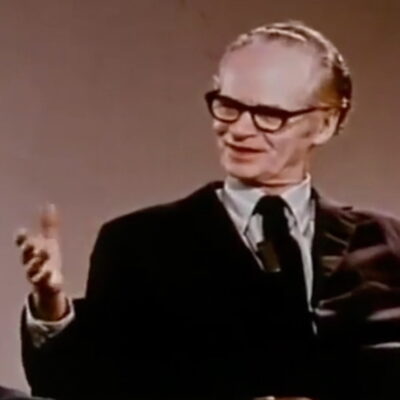
1.5 BCBA CEUs
B.F. Skinner on Education
B.F. Skinner4.94 out of 5(32)$14.99 Add to Cart Quick View
Related products
-
Article Quiz
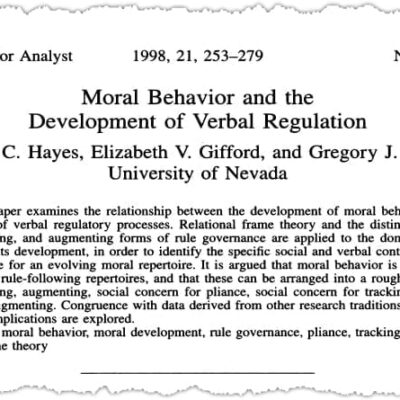
2.5 Total BCBA CEUs
2.5 Ethics CEUsMoral Behavior and the Development of Verbal Regulation
Steven C. Hayes, Elizabeth V. Gifford, & Gregory J. Hayes3.30 out of 5(20)$24.99 Add to Cart Quick View -
Article Quiz
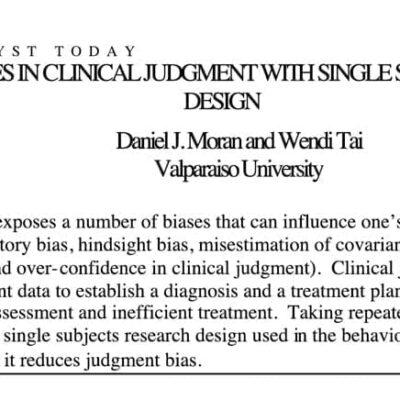
1 BCBA CEU
Reducing Biases in Clinical Judgment with Single-Subject Treatment Design
Daniel J. Moran & Wendi Tai4.08 out of 5(13)$9.99 Add to Cart Quick View -
Article Quiz
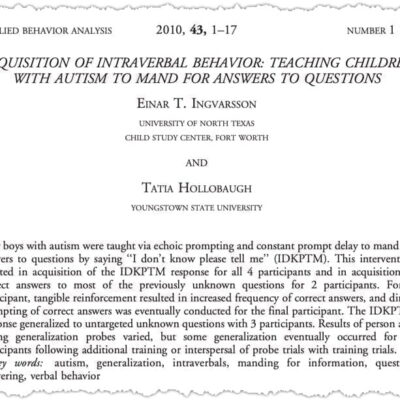
1.5 BCBA CEUs
Acquisition of Intraverbal Behavior: Teaching Children with Autism to Mand for Answers to Questions
Einar T. Ingvarsson & Tatia Hollobaugh4.28 out of 5(25)$14.99 Add to Cart Quick View



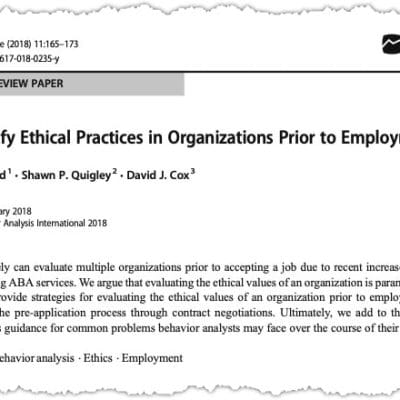
A great interview with a very interesting individual. A+